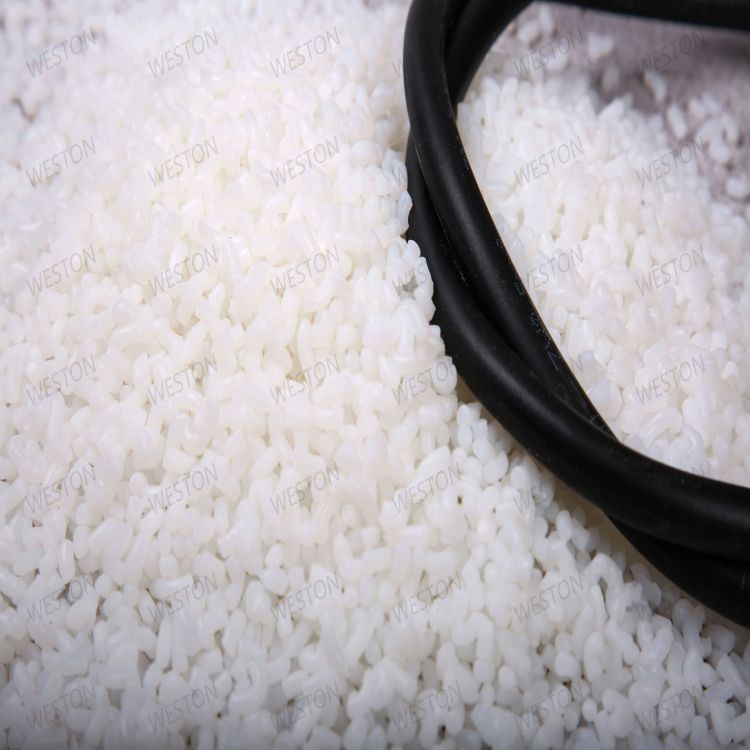-
Categories
-
Pharmaceutical Intermediates
-
Active Pharmaceutical Ingredients
-
Food Additives
- Industrial Coatings
- Agrochemicals
- Dyes and Pigments
- Surfactant
- Flavors and Fragrances
- Chemical Reagents
- Catalyst and Auxiliary
- Natural Products
- Inorganic Chemistry
-
Organic Chemistry
-
Biochemical Engineering
- Analytical Chemistry
- Cosmetic Ingredient
-
Pharmaceutical Intermediates
Promotion
ECHEMI Mall
Wholesale
Weekly Price
Exhibition
News
-
Trade Service
In cooperation with the Japan Industrial Science and Technology Research Institute, the R&D Center of Sekisui Chemical Industry Co.
, Ltd.
has successfully trial-produced thin-film dye-sensitized solar cells
using the room temperature process for the first time in the world by eliminating the traditional high-temperature sintering process by using the aerosol deposition method (Aerosol Deposition, ceramic material room temperature high-speed coating process technology, hereinafter referred to as the "AD process").
The trial solar cells adopted the AD process technology of comprehensive research, the microparticle control technology, porous membrane structure control technology and thin film interface control technology of Sekisui Chemical, which achieved high adhesion between the photoelectric conversion layer and the thin film and good electron transport performance, thereby achieving the highest conversion efficiency
of 8.
0% in the world for organic thin-film dye-sensitized solar cells.
According to reports, this time is to use high-speed collision energy instead of heat energy to bond microparticles, by using this principle, the traditional high-temperature sintered ceramic formation process is eliminated, and the film under room temperature conditions is successfully realized
.
In addition, it can form films on general-purpose films with low heat resistance and tape-like materials, and dye-sensitized solar cells using a variety of thin-film substrates can be manufactured, so it is expected to be widely used in a variety of applications
.
In addition, because there is no need for high-temperature processes, the manufacturing load can be reduced, and the roll-to-roll (RtoR) process can be used, which can be expected to significantly reduce process costs
by improving production efficiency.
It is possible to produce thin, lightweight, large-area flexible dye-sensitized solar cells
at low cost.
In the future, Sekisui Chemical and the Industrial Research Institute will establish the mass production technology for this new product, consider applying it to Sekisui Chemical's products, and solicit cooperation from a wide range of business partners in order to promote it to various applications, aiming to enter the solar cell market
in 2015.
In cooperation with the Japan Industrial Science and Technology Research Institute, the R&D Center of Sekisui Chemical Industry Co.
, Ltd.
has successfully trial-produced thin-film dye-sensitized solar cells
using the room temperature process for the first time in the world by eliminating the traditional high-temperature sintering process by using the aerosol deposition method (Aerosol Deposition, ceramic material room temperature high-speed coating process technology, hereinafter referred to as the "AD process").
The trial solar cells adopted the AD process technology of comprehensive research, the microparticle control technology, porous membrane structure control technology and thin film interface control technology of Sekisui Chemical, which achieved high adhesion between the photoelectric conversion layer and the thin film and good electron transport performance, thereby achieving the highest conversion efficiency
of 8.
0% in the world for organic thin-film dye-sensitized solar cells.
According to reports, this time is to use high-speed collision energy instead of heat energy to bond microparticles, by using this principle, the traditional high-temperature sintered ceramic formation process is eliminated, and the film under room temperature conditions is successfully realized
.
In addition, it can form films on general-purpose films with low heat resistance and tape-like materials, and dye-sensitized solar cells using a variety of thin-film substrates can be manufactured, so it is expected to be widely used in a variety of applications
.
In addition, because there is no need for high-temperature processes, the manufacturing load can be reduced, and the roll-to-roll (RtoR) process can be used, which can be expected to significantly reduce process costs
by improving production efficiency.
It is possible to produce thin, lightweight, large-area flexible dye-sensitized solar cells
at low cost.
In the future, Sekisui Chemical and the Industrial Research Institute will establish the mass production technology for this new product, consider applying it to Sekisui Chemical's products, and solicit cooperation from a wide range of business partners in order to promote it to various applications, aiming to enter the solar cell market
in 2015.







